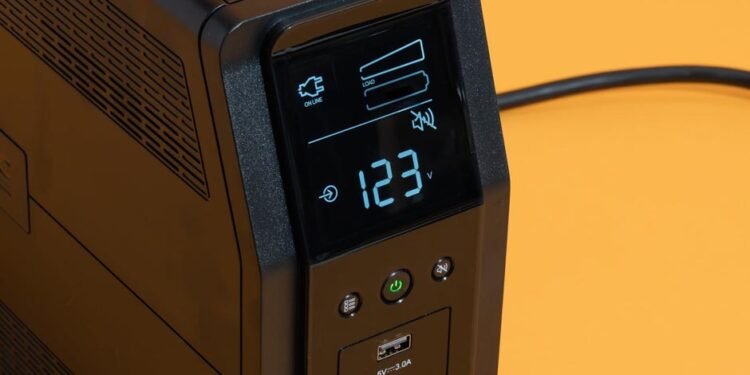When unforeseen power outages strike, the continuity of operations becomes a pivotal concern for any business. A reliable backup power solution ensures uninterrupted operations and safeguards against potential financial losses and safety hazards. Selecting the right backup system requires a comprehensive understanding of business needs, the demands of the operational environment, and the capabilities of various backup power options.
So, this article delves into the critical considerations businesses must evaluate to select the most suitable standby and backup power systems, like diesel generators. Establishing a robust backup plan provides peace of mind and fortifies the business against potential operational disruptions that could affect customer trust and company reputation.
Assessing Energy Requirements
The initial step in selecting an appropriate backup solution involves thoroughly assessing a business’s energy requirements. This evaluation includes understanding the total energy consumption during peak operational hours and identifying critical systems that cannot withstand power interruptions. Businesses must compile an inventory of all essential equipment and calculate the energy needed to operate these systems smoothly during an outage. This assessment will guide the choice of backup capacity, ensuring that the selected system can handle the load and provide adequate support during emergencies. Accurate assessment helps prevent overinvestment in overly robust systems or under-preparation that could lead to critical system failures.
Determining the Right Type of Backup Power System
Once the energy requirements are clear, the next step involves selecting the type of backup power system that best fits the business’s needs. For instance, large-scale solutions like diesel generators can provide electrical energy for extended periods. Factors influencing this decision include the duration of power support needed, installation space, and budget. Businesses must also consider fuel availability and maintenance requirements, which can affect the overall operational efficiency of the backup system. Choosing the appropriate type reflects a balance between cost-effectiveness and operational readiness.
Integration with Existing Power Systems
The chosen solution must seamlessly integrate with existing power systems for an effective backup strategy. This integration ensures the transition to backup power is smooth and immediate following a power outage. Businesses should evaluate how easily different backup solutions can be incorporated into their current setup. This might involve technical adjustments to electrical panels or upgrading existing wiring to accommodate higher electricity loads. Consulting with experts provides you with insights into the most efficient integration strategies. Proper integration reduces system failure risk and ensures backup power kicks in immediately.
Cost Analysis and Return on Investment
Cost is a significant factor in the decision-making process for backup power solutions. Businesses must consider the initial purchase and installation costs and ongoing expenses such as fuel, maintenance, and potential upgrades. Conducting a cost-benefit analysis will help determine which backup solution offers the best return on investment. This analysis should account for the potential financial impacts of power outages, such as lost revenue and recovery costs, comparing them against the operational costs of maintaining the backup system. A thoughtful analysis ensures that the selected backup power solution is economically viable and operationally sustainable.
Environmental and Regulatory Considerations
Considering environmental awareness, businesses must also take into account the ecological impact of their chosen backup power solutions. Different solutions have different emissions profiles and may be subject to environmental regulations depending on the location. Businesses should assess the environmental certifications and compliance of each option. Additionally, noise pollution and space requirements are important considerations that can influence the choice of a system based on the business’s operational environment. Adhering to these considerations helps meet legal requirements and build a socially responsible business image.
Future-Proofing with Scalable Solutions
When selecting a backup power solution, it’s essential to consider current needs, future growth, and potential changes in power requirements. Opting for scalable backup systems that can be expanded or upgraded as energy demands increase or as new technologies emerge ensures that businesses are not left behind as their energy needs evolve. This approach provides flexibility in managing power capacity and ensures that investments in backup systems continue to deliver value long-term. Businesses should look for modular systems that allow for easy expansion or enhancements without requiring a complete system overhaul. This foresight in choosing scalable and adaptable backup power solutions prepares businesses to handle future energy scenarios efficiently and cost-effectively, safeguarding their operations against evolving challenges.
Choosing the right backup power solution, like diesel generators, is a strategic decision that impacts a business’s resilience and operational stability. With the right backup power solution, businesses can navigate through power interruptions with minimal disruption and maintain continuous operations, regardless of external power challenges. Such strategic planning is essential for modern businesses relying on continuous power to serve customers and maintain operational efficiency.












